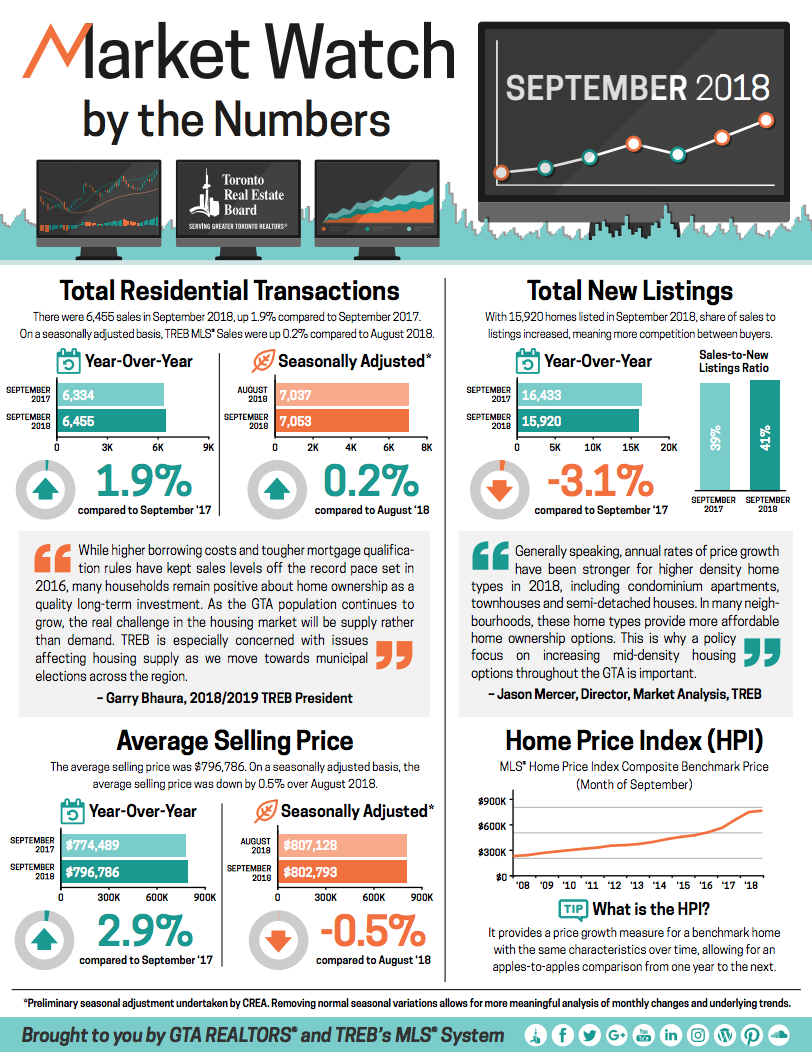Bill 28 Passes Second Reading
Bill 28, a movement intended to modify the Electronic Commerce Act (2000), carried through its second reading with support from all three parties in the Ontario Legislature. The Bill seeks to remove the E-Commerce Act’s current exemption for documents that “create or transfer interests in land and require registration to be effective against third parties.” By challenging the reliability of electronic signatures, the Bill works to protect both land buyers and sellers.
After only two weeks the bill has been referred to the Committee on General Government, where it will be reviewed and sent back to the Ontario Legislature for a third and final reading. Many politicians remain optimistic that this act will progress without interference as this is an amendment long overdue. So far the Bill has earned the support of Progressive Conservative MPP Todd Smith, New Democrat MPP Cheri DiNovo, and Research and Innovation Minister Reza Moridi (to name a few).
2013 Clandestine Drug Operation Prevent Act
Grow-ops are of concern for many Ontarians interested in purchasing a new home. Although Realtors are bound by law to disclose such information, without a government registry it is hard to be absolutely sure. Currently, the Ontario Real Estate Association is running a campaign to establish a register for all reported marijuana-grow operations and clandestine drug laboratories so that this information is readily available to realtors and home buyers. Considering that 93% of Ontarians want to know if their home has been used as a grow-op, 24% have seen or know of homes that are or have been used as grow-ops, and 88% of Ontarians support the notion of a registry, it is highly likely that OREA’s motion will succeed.
Ontario Real Estate Association Budget Recommendations
On March 22nd, Johnmark Roberts approached the Ontario Standing Committee on Finance and Economic Affairs to present-forth the Ontario Real Estate Association’s budget recommendations for the real estate industry. In this proposal, Roberts suggested that Ontario’s municipal land transfer tax (LTT) should be distributed widely across the province, rather than concentrated in specific zones. For example, Toronto is the only municipality allowed to levy a second LTT, resulting in over $12,000 in LTT for home buyers.
While some public figures favour additional LTT as a source of funding, Howe Institute discovered that LTT may decrease home sales. In Toronto specifically, LTT resulted in a 16% sales loss, equating to 3,500 fewer transactions. Residents feel restricted by LTT and are encouraged to relocate outside of the city. The effects of LTT have already cost the city $140-million.
 Torontonian Online Running in the fast lane! Real estate and more…
Torontonian Online Running in the fast lane! Real estate and more…







